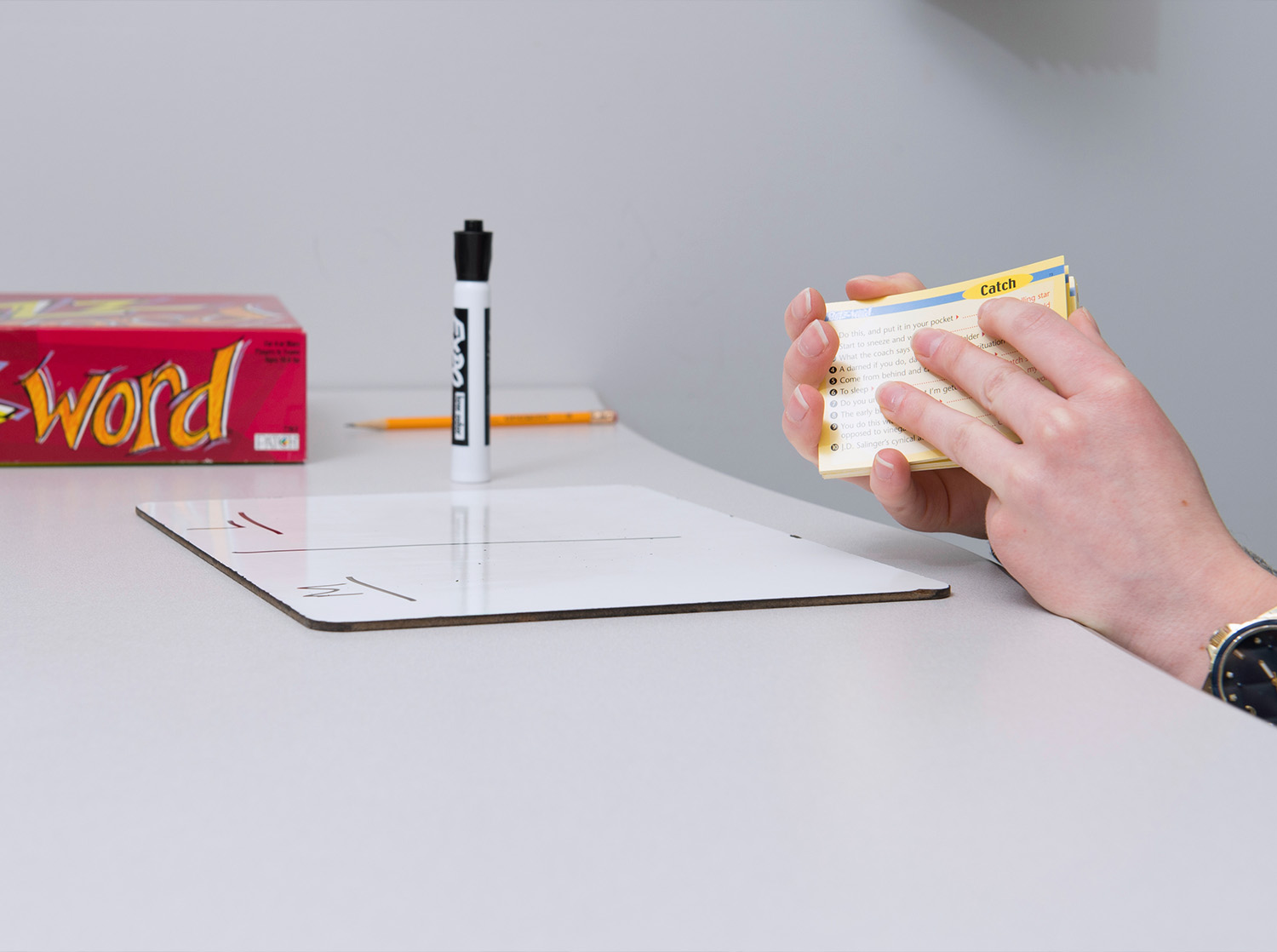Counseling-Related Resources
We've compiled a variety of resources on counseling-related campus topics including coping with trauma and grief, resources for RAs, special mental health needs and more. If you have questions or are looking for specific information not found here, email counseling.services@uwrf.edu or call 715-425-38884.

Student Counseling Classroom Presentations
Are you interested in Student Counseling presenting to your class? Please complete this form for any outreach requests at least two weeks in advance of presentation. Sometimes classroom requests may not be approved because of limited resources. For questions or additional comments please contact Outreach Coordinator Annemarie Schwery at annemarie.schwery@uwrf.edu or contact Student Counseling at 715-425-3884 or counseling.services@uwrf.edu
Coping with Tragedy, Trauma and Death
It is an all-too-common experience that members of the campus community experience collective or personal tragedies and losses in their lives. These resources are offered to help understand your reactions and begin the healing process whenever tragedy, trauma or death impact your life.
If you are currently in crisis, call 911 or visit our Emergencies and Crisis Situations webpage for more information. Visit our Counseling Appointments page for information on how to schedule an appointment.
- For everyone
- For Faculty and Staff:
- For Students:
- For Parents and Families:
Special Medical or Mental Health Needs
The Disability Resource Center (DRC) should be contacted regarding accommodations and services for students with physical or mental disabilities at 715-425-0740.
You're also encouraged to connect with a local health care provider. Currently, some services are contracted at M Health Fairview Clinic-River Falls. Contact them early in the academic year at 715-425-6701 to set up an appointment. A letter with healthcare recommendations from your current provider can be helpful.
If you have a current mental health condition or a mental health history (such as depression, anxiety, bipolar disorder, suicide threats or attempts or mental health hospitalizations, etc.), we encourage you to make an appointment with one of the UWRF counselors early in the year to establish a counseling relationship. Visit our Counseling Appointments webpage to learn how to set up an appointment.
Meditation Room
Located in 255 Rodli Hall, our meditation room is a small, quiet space designed for reflection, meditation and relaxation.
Meditation Instructions
Whether you are new or experienced, the following resources may help improve your meditation:
- Make sure to eliminate any distractions you may have brought with you to the meditation room before entering the room by turning off any electronic devices you have.
- Choose a spot in the room where you feel comfortable and aren't too crowded by fellow meditators. Select a cushion or a mat if you wish.
- Relax your body into a position that feels comfortable to you. This can be sitting or lying down. Make sure that you have a straight back so that you can take deep breaths and adjust your position as you try to eliminate any areas of tension in your body.
- Begin to focus on your breathing, the feeling of inhaling a sustaining breath of air, holding that air in your lungs for a few seconds and then slowly exhaling. You may experience racing thoughts, fatigue or restlessness – this is all normal. Keep bringing your attention back to the inhale and exhale of your breath.
- Once you are somewhat settled in your breath, notice what is happening in the room and in your body (including sounds, sensations, thoughts, emotions) without getting carried away by them. When you do get carried away, simply bring your attention back to your breath and the present moment with gentleness.
- Don’t give up! There is no such thing as meditating “wrong.” The more you practice, the easier it gets to stay present.
Room Use Guidelines
- Please do not use this room as a lounge, study room, a meeting room or for other purposes.
- No items are to be removed from the room.
- Users are asked leave the room in the same condition as it was in prior to use.
- Silence and mutual respect are expected at all times. Music is to be listened to through earphones or earplugs with all musical devices.
- Food and beverages are not permitted in the meditation room.
- Cell phone use in space is for emergency use only. Cell phones must be placed on silent upon entry.
- Candles, burning oils, incense or any other flammable items are not permitted in the meditation room.
- No posters, signs or other displays are to be placed inside or outside the meditation rooms at any time.
Resident Assistant Resources
We've compiled resources designed to support the work of campus Resident Assistants (RAs). If you have questions, contact reslife@uwrf.edu or counseling.services@uwrf.edu.
Support with Referring Students to Counseling
Referral
Residents will often seek out their RA for help with minor to serious problems. Similarly, RAs are often the first to notice that a resident may be struggling with an issue or problem. As a first responder, RAs can provide support and serve as a resource for the residents. However, there are times when it is important to refer a resident who may be in need of more support than you are able to provide.
When to refer:
- A resident seeks you out over and over with the same problem(s) and does not seem to take any steps to improve his/her situation, except to come back to talk to you.
- A resident continues to struggle despite his/her and your best efforts to address the concerns.
- You feel the urge to rescue the resident from the pain/hurt he/she is feeling.
- Another resident or parent contacts you over and over about a resident.
- You want to solve the problem for the resident.
- You are feeling helpless, trapped, or overwhelmed.
- The resident is not making sense to you, i.e., has wild and bizarre behaviors
- Makes impossible plans
- Hears/sees things you don’t hear/see
- Talks about drug/alcohol use
- Talks about a history of problems
- Has no future orientation
- Is withdrawn or isolates self
- Talks often about suicide or death
- Behaves as if he/she doesn’t belong
- Is overly controlling
Guidelines:
- Whenever possible, have the student make the appointment. If necessary, make the appointment for the resident and if needed, accompany the resident to the appointment.
- If necessary, let the resident know that the counselor can be asked to call to discuss the concerns before he/she makes an appointment.
- Remember, once the resident meets with the counselor, the counselor cannot discuss the case with you without written permission from the resident.
- Follow up with the resident to see if they followed through with the referral.
- If they did, ask what the experience was like.
- If they did not follow through, ask for their reasons and look for another solution.
Student Health and Counseling
254 Rodli Hall
River Falls, WI 54022
student.health.services@uwrf.edu
counseling.services@uwrf.edu
715-425-3293 (Health Services)
715-425-3884 (Counseling)
Monday-Friday, 8 a.m.-4:30 p.m.
Feedback? Visit students.uwrf.edu/dean-of-students

